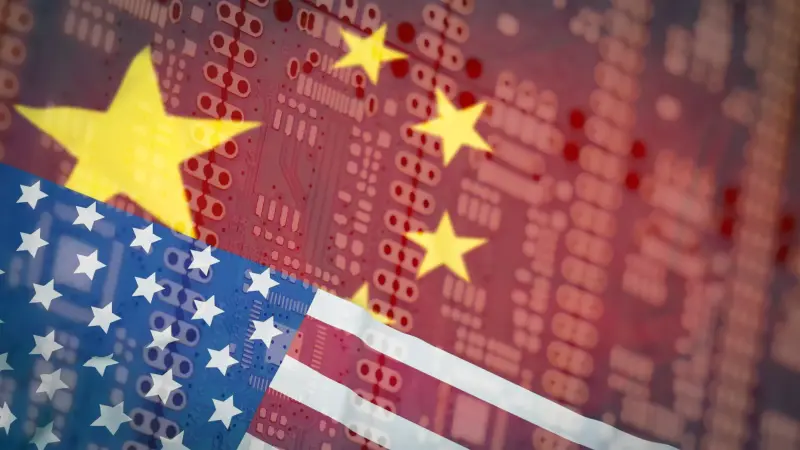Chinese tech giants Tencent and Baidu are staying competitive in the global AI industry, even as the U.S. places more restrictions on advanced semiconductors. These companies are using strategies like saving up chips, improving software efficiency, and turning to locally made semiconductors.
Tencent’s president, Martin Lau, shared that the company has built up a solid supply of high-end GPUs, which are critical for training large AI models. Instead of simply buying more GPUs, Tencent is focusing on better software to get more out of the chips they already have. They are also working with smaller AI models that need less computing power and exploring custom-made chips available in China.
Baidu, meanwhile, highlighted its “full-stack” AI system, combining cloud services, AI models, and real applications like the ERNIE chatbot. The company’s president of AI cloud, Dou Shen, said that even without the most advanced U.S. chips, Baidu can still create useful AI tools thanks to its own software and hardware. He also mentioned that local Chinese chipmakers are making progress, helping the country reduce its dependence on U.S. technology.
Experts agree that while China still trails the U.S. in chip technology, it is making consistent and ambitious efforts to catch up. According to Gaurav Gupta from Gartner, China is developing its own chip industry, from materials to manufacturing, and has achieved notable success in some areas.
U.S. business leaders, including Nvidia CEO Jensen Huang, argue that export bans may be harming American companies more than China. Huang called the restrictions a "failure," suggesting they are not stopping China's progress.

